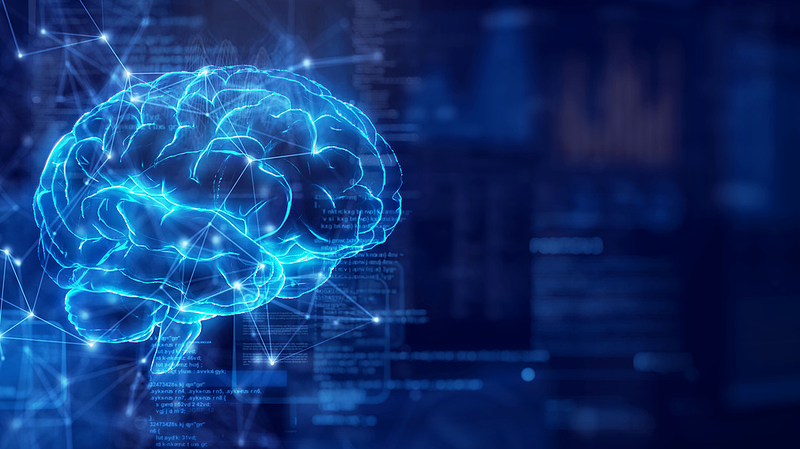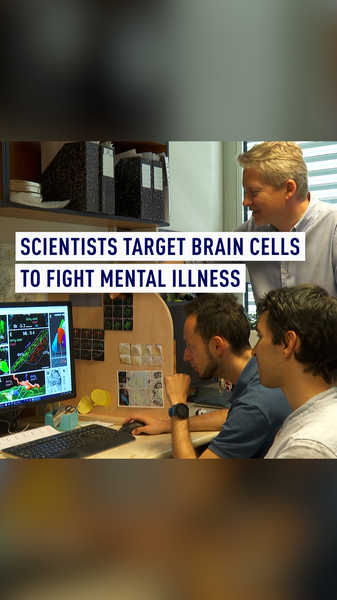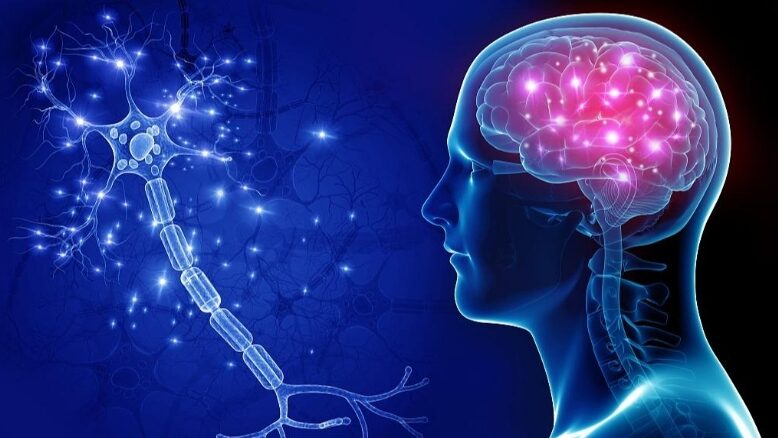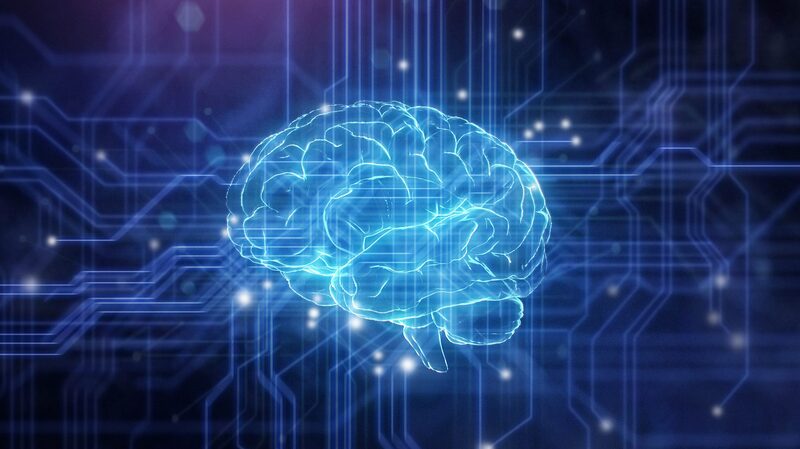A groundbreaking study led by researchers from the University of Science and Technology of China, the Kunming Institute of Zoology, and Hefei University has uncovered a direct link between chronic nighttime artificial light exposure and depression-like behaviors. Published in Proceedings of the National Academy of Sciences, the research highlights how modern light pollution may disrupt brain circuits critical to mood regulation.
Using tree shrews—diurnal mammals genetically similar to primates—the team exposed subjects to blue light for two hours nightly over three weeks. The animals developed symptoms like reduced sucrose preference, decreased exploratory behavior, and impaired long-term memory. Advanced neural tracing revealed a newly identified visual circuit: specialized retinal cells transmitting signals to the perihabenular nucleus (pHb), which connects to the brain’s mood-regulating nucleus accumbens.
Silencing pHb neurons prevented depression-like behaviors, while RNA sequencing showed altered activity in depression-related genes. "Our findings reveal both risks and opportunities," said Yao Yonggang of the Kunming Institute of Zoology. "Artificial light enables productivity but may reshape mood circuits—now we can target solutions."
As urbanization and screen usage intensify globally, the study underscores the need to balance technological progress with mental health considerations. Researchers suggest further exploration of interventions to mitigate light pollution’s psychological impacts while preserving societal benefits.
Reference(s):
Study finds link between nighttime artificial light and depression
cgtn.com








